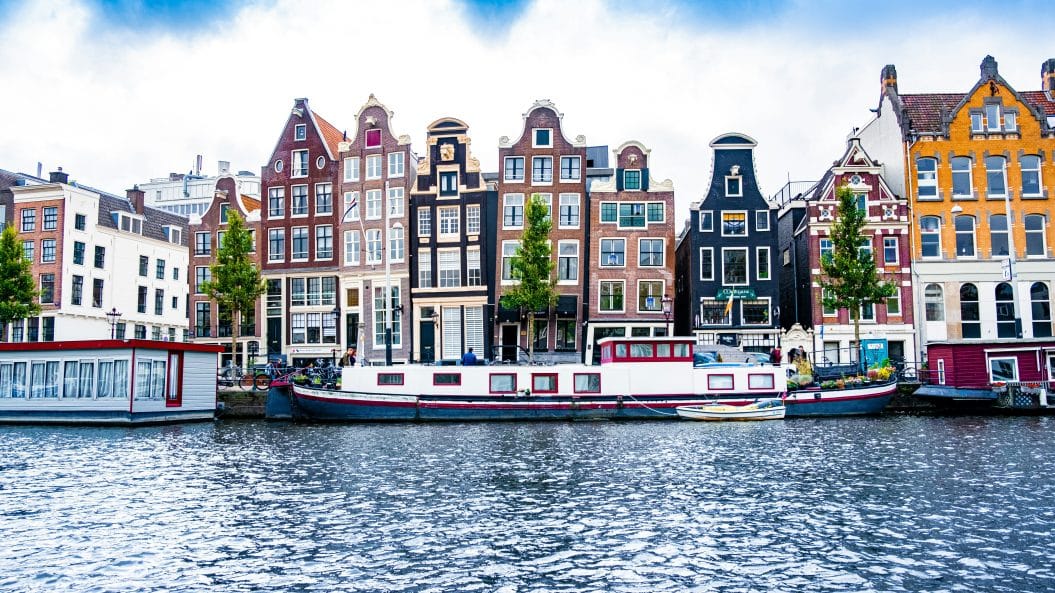What do terms like Degrowth, Doughnut Economics, or Broad Prosperity really mean for tourism? In the tourism sector, there is a growing use of concepts that signal the need for change: from regenerative tourism to circular strategies and destination stewardship. While the intentions are often good, there is a lack of clarity. The concepts overlap, are fuzzy in nature, and risk becoming buzzwords that lose their impact in practice.
About the research
To bring more clarity to these frequently used concepts, Ko Koens (Inholland University of Applied Sciences), Shirley Nieuwland (Paradise Found), and Bert Smit (Ginder) conducted in-depth research. They analysed academic literature and practitioner reports, interviewed fourteen experts, and spoke with eleven professionals working in cities across Europe. The result is a white paper that offers a structured overview of the most common approaches to transformative tourism.
Why this matters
The goal: to contribute to a real sustainability transition in tourism—one that puts resilience, fairness, and broad prosperity at its core. The research goes beyond just definitions. It shows how the concepts relate to each other, what opportunities and challenges emerge in practice, and how cities consciously choose certain strategies or frameworks.
What to expect
The publication provides both theoretical and practical insights. It helps readers make sense of the key terms, understand similarities and differences, and explore how these ideas are applied on the ground. It also addresses the question of how to evaluate transformative tourism, using context-based, systemic, and process-oriented indicators.
Relevance for policy and practice
This research connects to broader European developments, such as the Transition Pathway for Tourism, and explores how these approaches can be applied at national, regional, and local levels. The insights are valuable not only for policymakers and destination managers, but also for researchers and students working towards a more sustainable tourism future.
Interested in reading the full white paper or learning more about place-based and process-driven approaches to tourism transition? The full document will be available online soon.
